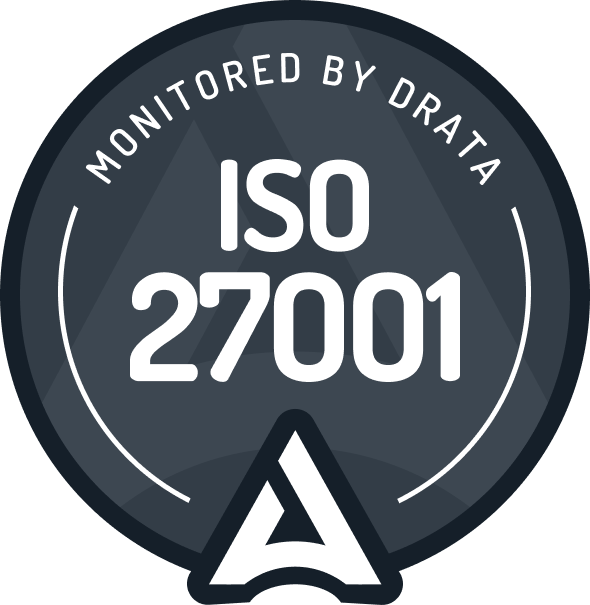Creating a Culture of Compliance in Payroll

Creating a Culture of Compliance in Payroll
Creating a culture of compliance means embedding laws, regulations, and policies into the mindset and behaviours of both a business and its employees. For years, payroll teams have been the unsung heroes of compliance, navigating the complexities of awards, enterprise agreements, and evolving regulations with little fanfare.
However, as organisations grow and compliance risks become more significant, payroll’s role is evolving.Simply “getting the job done” is no longer enough. With the introduction of new wage theft laws in January 2025, there’s an increasing expectation for payroll to help lead the charge in fostering a compliance-first mindset across organisations.
Wage theft is when employers intentionally fail to pay employees what they’re entitled to, is a criminal offence under the Criminal Code Act 1995 (Cth). This misconduct can arise from actions by senior management, a corporate culture that tolerates non-compliance, or a failure to implement proper safeguards. To mitigate these risks, establishing a strong culture of compliance is not just essential, it’s a legal and ethical imperative.
The traditional way of doing things
This shift isn’t without its challenges. Many payroll professionals find themselves relying on outdated tools and manual processes that make spotting and addressing compliance risks a challenging task. They know the risks are real, but without the right tools and data, advocating for change can feel like fighting an uphill battle.
The traditional approach to payroll compliance has relied heavily on building larger, highly skilled payroll teams tasked with manually reviewing timesheets and spreadsheets within tight pay windows. These teams work tirelessly, often under immense pressure, to identify and correct errors before payments are processed.
While their expertise and dedication are invaluable, this method is inherently flawed. It’s time-consuming, prone to human error, and increasingly unsustainable as organisations grow in complexity. Despite their best efforts, critical compliance risks often slip through the cracks, leaving payroll teams overworked and businesses exposed.
So, how can payroll teams move from being reactive problem-solvers to proactive leaders driving a culture of compliance, and what tools and tactics are essential for making it happen?
Shifting to a culture of compliance
Creating a culture of compliance is easy to talk about but challenging to execute, especially in payroll. However, with new wage theft laws raising the stakes, payroll professionals are now expected to lead the charge. The days of waiting for errors to surface and then reacting are over. Businesses must shift from reactive practices to proactive compliance, where risks are identified and addressed before they become costly issues.
This cultural shift isn’t just about ticking boxes; it’s about empowering payroll teams to drive meaningful change, leveraging tools and data to prevent errors, protect employees, and safeguard the organisation's reputation.
However, many payroll people are aware of the likelihood of errors occurring, but lack the tools to prove to leadership and the broader organisation that more investment is needed.
So what do payroll teams need
We often hear from payroll professionals who suspect that small errors are slipping through the cracks, issues that can seem minor at first but can snowball into significant risks. The challenge is that many teams lack the data needed to pinpoint these problems, leaving them unable to act. A true culture of compliance in payroll isn’t about turning a blind eye or pretending issues don’t exist. It’s about empowering teams with the tools and insights to identify and fix problems before they escalate.
So, what do payroll teams need to foster this kind of proactive compliance culture?
It starts with having more than just skilled people; teams need the right tools and actionable data. Proactive compliance demands precision, which comes from having granular insights into payroll operations: a comprehensive view of every employee, every agreement, and every shift worked.
With this level of detail, payroll teams can uncover risks early, address errors confidently, and foster transparency across the organisation. This capability not only helps prevent costly mistakes but also builds trust with employees and leadership alike. When equipped with the right tools and data, the shift from reactive to proactive compliance isn’t just a lofty goal, it becomes a tangible reality.
Digital solutions available to payroll teams
Reports with deep granularity
Dive deep into individual pay with clause-level variance insights. PaidRight's platform allows payroll teams to identify specific underpayments and their root causes—right down to the employee level. This level of detail is unmatched in the industry, empowering teams to fix issues with precision.

Insights for actionable error management
Our error detection workflow pinpoints exactly where issues are occurring, who they’re impacting, and where to find them. By highlighting actionable insights, payroll teams can resolve errors quickly and prevent them from escalating, saving time and money.

Clause level analysis across the entire organisation
Identify problem clauses, such as overtime or roster discrepancies, that are driving unnecessary costs and variances. PaidRight’s platform quantifies the financial impact of these variances, providing visibility into how much issues like working outside the roster are costing your organisation.

Drawing comparisons to OHS and Cyber security
Other industries have faced similar challenges in adapting to rising risks. Take cyber security or workplace health and safety (OHS): both were once largely reactive, addressing breaches or incidents only after they occurred. Over time, they transformed by embracing technology and proactive monitoring systems.
Today, these industries are built on identifying and mitigating risks before they escalate, protecting businesses from costly repercussions. Payroll must follow a similar path. By shifting the mindset and leveraging technology to monitor and flag potential issues in real-time, payroll teams can prevent underpayments and compliance breaches before they become major problems, safeguarding both employees and organisations.
Technology can help shift the compliance culture
Shifting payroll culture starts with action. Manual processes and reactive reviews are no longer enough. As wage theft laws tighten, payroll teams need tools that provide real-time insights and pinpoint issues before they become costly problems.
Just as cyber and OHS have transformed through proactive technology, payroll must follow suit. The path forward is clear: adopting technology is the key to driving compliance and building trust. It’s time to lead the change.




.png)

.png)





%201.webp)


.webp)




.webp)

.webp)